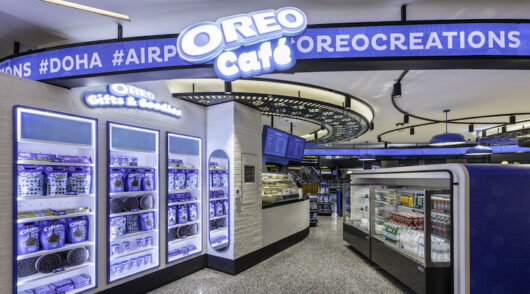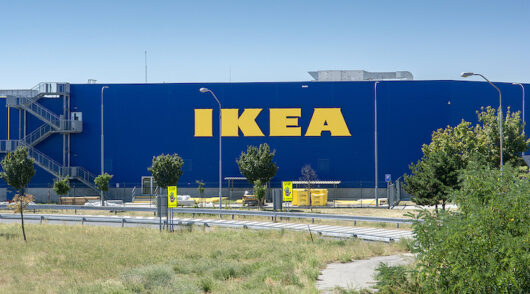 Woolworths will dramatically slow the rollout of its loss-making Masters home improvement stores, in a sign its attempt to take on Bunnings is failing.
Woolworths will dramatically slow the rollout of its loss-making Masters home improvement stores, in a sign its attempt to take on Bunnings is failing.
Losses at its Masters chain alone ballooned to $176 million in 2013/14 as it struggled amid tough competition from its rival.
The loss was way beyond Woolworth’s earlier forecast that the total losses for its entire home improvement business, which includes the Home Timber and Hardware chain, wouldn’t stretch beyond the $138.9 million posted a year earlier.
Woolworths has now dumped its pledge for Masters to break even and have 90 stores in 2016.
The retailer, which currently has 49 Masters stores, will slow the rollout of new outlets to between 10 to 15 a year – about half as many as originally planned.
Woolworths CEO, Grant O’Brien, admits the rollout has been flawed, resulting in uneven national store coverage and a less efficient supply chain.
Some stores are cannibalising each other, particularly in Victoria, while there’s more room for Masters in Brisbane and Sydney, he said.
The company has promised a more strategic rollout.
Total sales at Woolworths’ home improvement business rose by about a quarter to $1.53 billion in 2013/14, but its losses widened to $169 million, from $138.9 million.
While Masters’ losses blew out by about 12 per cent, higher costs at the Home Timber and Hardware chain more than halved its underlying earnings to $7 million.
O’Brien defended the home improvement business, saying he had no regrets about moving into the $45 billion market.
He blamed a decline in consumer sentiment in the second half of the financial year for eating into Masters’ earnings.
“When we reported at the half year, we were quite close to the target we set but then we had a softer second half due to consumer sentiment jumping around,” he said.
“When we entered the market we said it would take a number of years before it’ll be profitable and that’s the case.”
IG market strategist Evan Lucas said Masters’ disappointing performance was a sign Woolworths was struggling to compete.
“Brand loyalty to Bunnings is very high and very hard to break,” he said.
“This was a massive strategic decision to try and penetrate an already fully valued market with Bunnings being the absolute frontrunner.”
Masters only represents about 1.7 per cent of Woolworths’ total earnings, but its ballooning losses have startled shareholders, he said.
Woolworths’ shares dropped 13 cents to $35.74.
AAP





